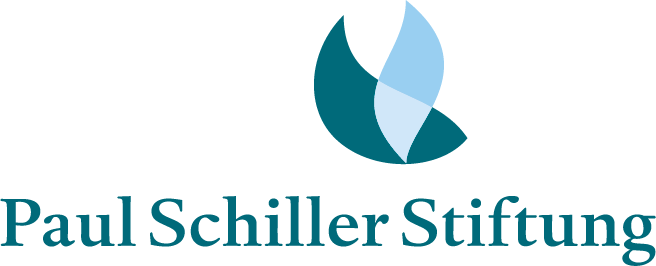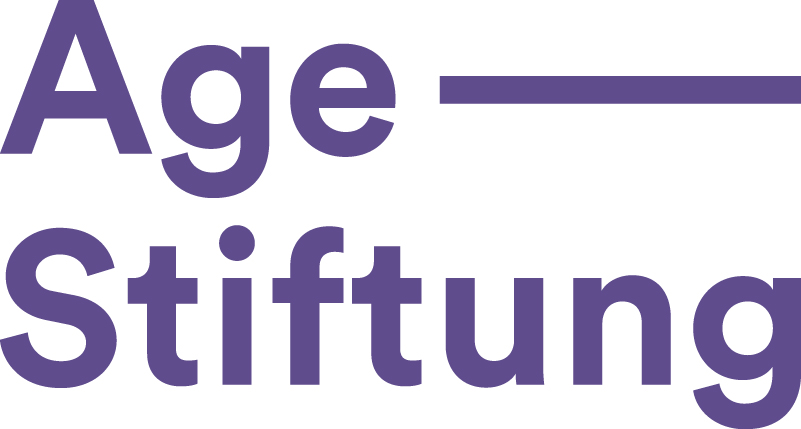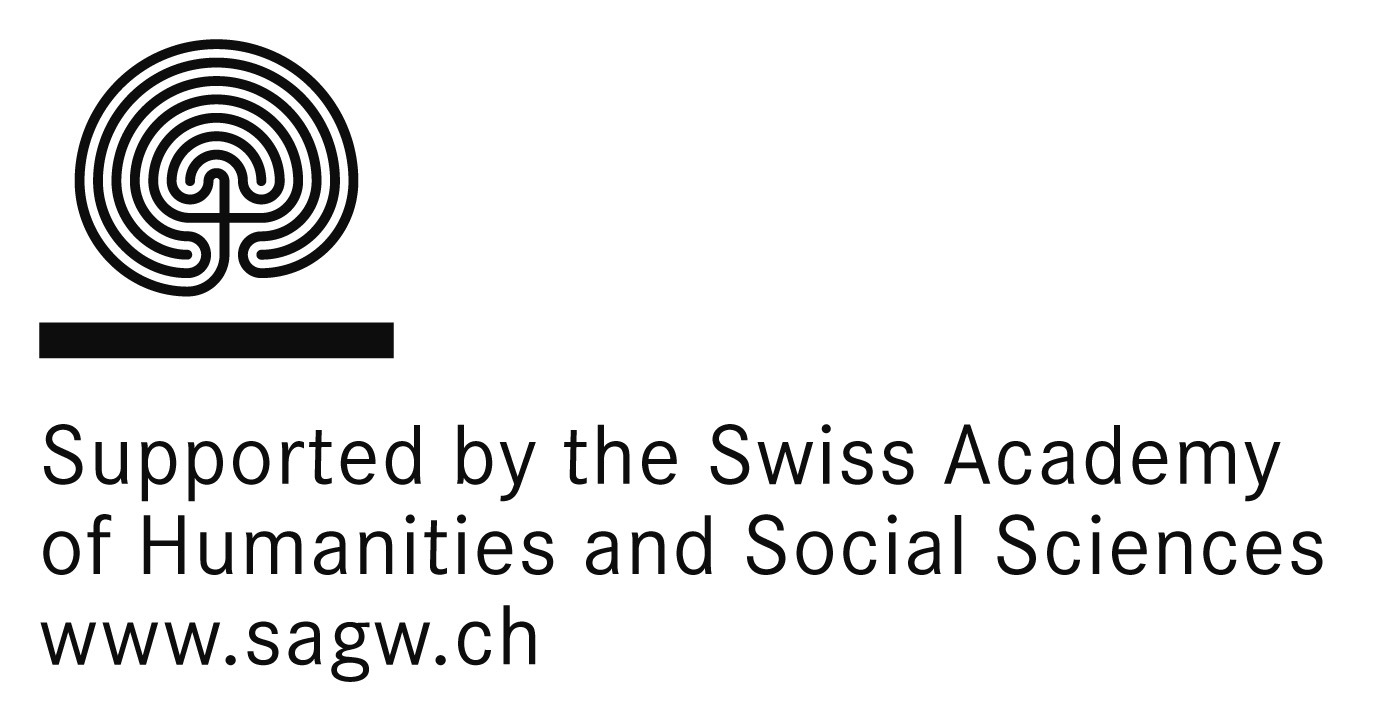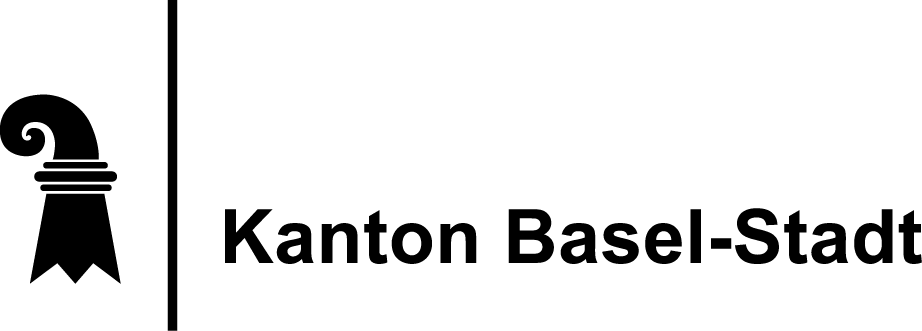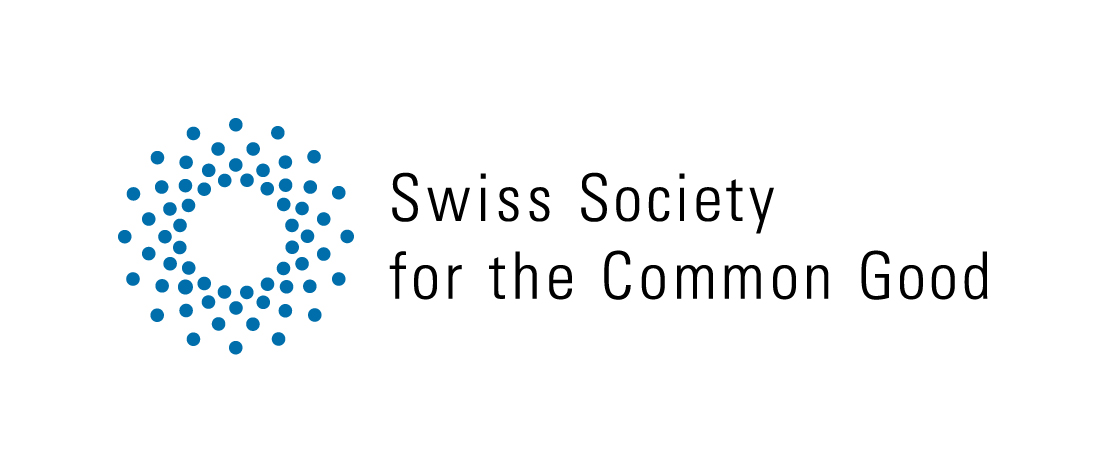Program Wednesday
Wednesday, 11.9.2024
| 09.00 – 11.00 | Workshop Session III For details see below |
| 11.00 – 11.30 | Break |
| 11.30 – 12.15 | Keynote 4: Accounting for the ambivalence of the politics of vulnerability: a perspective oriented towards capability to aspire and capability for voice Prof. Dr. Jean-Michel Bonvin |
| 12.15 – 13.15 | Lunch break FORS Workshop Business meetings of the SSA Research Committees |
| 13.15 – 14.45 | Semi Plenaries III For details see below |
| 15.00 – 17.00 | Workshop Session IV For details see below |
Keynote
Accounting for the ambivalence of the politics of vulnerability: a perspective oriented towards capability to aspire and capability for voice
Prof. Jean-Michel Bonvin | Université de Genève | Switzerland
Social policies and welfare-to-work policies are meant to tackle vulnerability processes. To this purpose they provide various resources in the form of cash benefits and support services to their beneficiaries. It seems then logical to expect that social policies contribute to reduce vulnerability or at least help coping with it and enhance their beneficiaries’ resilience and capabilities. Such is not (always) the case. This (partial) failure can be explained by a multiplicity of reasons, e.g. the inadequacy of available resources, an undue focus on performance, inappropriate expectations placed on beneficiaries, etc. This contribution claims that an important reason for explaining the limitations of social policies lies in their inability to take beneficiaries’ aspirations and voices seriously, often resulting for the most disadvantaged among them in exclusionary processes or non-take-up of benefits and services. This issue is investigated, mobilizing a perspective based on the notions of capability to aspire and capability for voice.
In a first step, the sense of these notions is theoretically explored, based on a cross-fertilizing reading of Appadurai’s work, Claassen’s developments on the notion of navigational agency and the receiver-doer-judge framework that proposes a multidimensional notion of vulnerability encompassing material well-being, capacity to act and political participation. In a second step, it identifies what such notions entail for the conception of public action and public services in the field of welfare. This is then confronted with the findings of empirical studies, with a view to assessing their impact on their beneficiaries’ capability to aspire and capability for voice. A multilevel perspective is used to investigate whether and to what extent there is a gap between vulnerability a) as it is experienced at micro level (a multidimensional and complex fact), b) as it is framed by social policies at macro level (vulnerability as a social problem to be solved, in a normative perspective detailing the expectations that beneficiaries ought to comply with) and c) as it is implemented by public agents (at the crossroad between fact and norm). In conclusion, the contribution offers some suggestions how social policies might more efficiently reach their goals.

Prof. Jean-Michel Bonvin
Jean-Michel Bonvin is Professor of sociology and socioeconomics at the University of Geneva. His areas of expertise include the welfare state and social policy, labour market policies, organizational innovation in the public and the third sectors, the sociology of work and businesses, and theories of justice, notably the capability approach. He has been involved into various EU and Swiss-funded research projects such as “Capright: Resources, Rights and Capabilities: In Search of Social Foundations for Europe”, “Re-InVEST: Rebuilding an Inclusive, Value-based Europe of Solidarity and Trust through Social Investments” or the NCCR LIVES “Surmonter la vulnérabilité: perspectives du parcours de vie”. He is presently participating into the project ”Involve: For trustful, participatory and inclusive public services”. Jean-Michel Bonvin is the author of numerous books and articles in leading peer-review journals such European Societies, Social Policy & Society, Critical Sociology, Policy & Politics, etc. He is a co-editor of the “Dictionnaire de politique sociale suisse” (2020).
Université de Genève, Switzerland
Workshop Sessions
L’inspection du travail face aux différentes formes de vulnérabilité des travailleurs-euses// Labour inspection and worker vulnerability_1
Dr. Aris Martinelli (Haute école de travail social et de la santé Lausanne (HETSL)); Dr. Alessandro Pelizzari (Haute école de travail social et de la santé Lausanne (HETSL)); Prof. Dr. Nicolas Pons-Vignon (Scuola universitaria professionale della Svizzera italiana (SUPSI))
Room 02.N.21
Vulnerable groups in education in times of crisis. Impact of COVID-19 on academic achievement, educational outcomes and labour market entry
Dr. David Glauser (University of Bern); Prof. Dr. Irene Kriesi (Swiss Federal University for Vocational Education and Training, SFUVET)
Room 02.O.03
Qualifier les violences, attribuer les vulnérabilités : normes, dispositifs et controverses_1
Dr. Solène Gouilhers (University of Geneva); Prof. Géraldine Bugnon (Université de Fribourg); Dr. Marta Roca i Escoda (University of Lausanne)
Room 02.S.21
MOSAiCH and attitudinal surveys in Switzerland: a tool for measuring crisis, uncertainty and vulnerability?_1
Alexandre Pollien (FORS / UNIL); Dr. Michèle Ernst Stähli (FORS / UNIL); Dr. Marlène Sapin (FORS / UNIL); Karin Nisple (FORS / UNIL); Dr. Michael Ochsner (FORS / UNIL)
Room 02.W.03
Visualisierung von Vulnerabilität – Bilder und Imaginationen individueller und sozialer Verwundbarkeit_1
Dr. Sebastian W. Hoggenmüller (Universität Luzern); Matthias Sommer (Georg-August-Universität Göttingen)
Room 02.W.09
Bezeugte Vulnerabilität. Wahrnehmung und (Nicht-)Anerkennung von Verwundbarkeit im Kontext von Fürsorge, Psychiatrie, Schule und Migration
Prof. Dr. Caroline Bühler (Pädagogische Hochschule Bern); Melodie Burri (Pädagogische Hochschule Bern); Fiona Riggs (PHBern)
Room 12.O.01
Vulnerability in Arts and Culture: Risks and Responses (panel 2)
Dr. Olivier Moeschler (University of Lucerne); Dr. Olivier Moeschler (University of Lausanne)
Room 12.O.09
All equal in health care? Conditions, manifestations, and consequences of different treatment
Dr. Michael Gemperle (Zurich University of Applied Sciences); Gianni D’Amato (Swiss Forum for Migration and Population Studies, University of Neuchâtel); Dr. Didier Ruedin (Swiss Forum for Migration and Population Studies, University of Neuchâtel)
Room 12.O.17
Recent advances from health and medical sociology 1
Dr. Stéphane Cullati (University of Fribourg); Dr. Michael Gemperle (Zürcher Hochschule für Angewandte Wissenschaften)
Room 12.O.25
Thinking with vulnerabilities in STS and beyond_1
Dr. Nolwenn Bühler (University of Lausanne and Unisanté); Dr. Loïc Riom (University of Lausanne)
Room 12.S.01
What about the vulnerability of researchers?_1
Dr. Anca-Cristina Sterie (Lausanne University Hospital); Michael J. Deml (Lausanne University Hospital)
Room 12.S.09
Vulnerabilitäten und Vulnerabilitätsdiskurse qualitativ beforschen / Qualitative research on vulnerabilities and vulnerability discourses / Recherche qualitative sur les vulnérabilités et les discours sur la vulnérabilité
Dr. Florian Elliker (University of St.Gallen); Prof. Dr. Peter Schallberger (Ostschweizer Fachhochschule OST)
Room 12.S.17
The Pluralization of Social Knowledge Production and the Paradox of Vulnerability
Prof. Dr. Rainer Diaz-Bone (University of Lucerne)
Room 12.S.25
(De)gendering vulnerabilties I: Work and Professionals
Prof. Dr. Irene Kriesi (Swiss Federal University for Vocational Education and Training SFUVET)
Room 12.W.01
Vulnerabilisation of migrant workers during crises
Prof. Dr. Stefanie Kurt (HES-SO Valais-Wallis and nccr-onthemove); Prof. Dr. Eva Mey (ZHAW and nccr-onthemove); Dr. Livia Tomás Eggimann (ZHAW and nccr-onthemove)
Room 12.W.09
Fragilität und Alter im Spannungsfeld von Selbst- und Fremdsorge, Subsidiarität und staatlichem Eingriff
Dr. Martina Koch (Fachhochschule Nordwestschweiz); Dr. Christine Matter (Fachhochschule Nordwestschweiz); Dr. Andreas Pfeuffer (Hochschule für Soziale Arbeit FHNW); Dr. Fabienne Rotzetter (Fachhochschule Nordwestschweiz); Prof. Dr. Cornelia Rüegger (Fachhochschule Nordwestschweiz)
Room 12.W.17
Qualifier les violences, attribuer les vulnérabilités : normes, dispositifs et controverses_2
Prof. Géraldine Bugnon (Université de Fribourg); Dr. Solène Gouilhers (University of Geneva); Dr. Marta Roca i Escoda (Université de Lausanne)
Room 02.S.21
MOSAiCH and attitudinal surveys in Switzerland: a tool for measuring crisis, uncertainty and vulnerability?_2
Dr. Michèle Ernst Stähli (FORS / UNIL)
Room 02.W.03
Visualisierung von Vulnerabilität – Bilder und Imaginationen individueller und sozialer Verwundbarkeit_2
Dr. Sebastian W. Hoggenmüller (Universität Luzern); Matthias Sommer
Room 02.W.09
Vulnerability in Arts and Culture: Risks and Responses (panel 3)
Dr. Olivier Moeschler (University of Geneva); Dr. Olivier Moeschler (University of Lausanne)
Room 12.O.01
Contentious Non-Compliance als Krisenreaktion vulnerabler Gesellschaften der Spätmoderne
Johannes Truffer (University of Basel); Arthur Buckenleib (University of Basel); Dr. Robert Schäfer (University of Basel); Dr. Nadine Frei (University of Basel); Prof. Dr. Oliver Nachtwey (University of Basel)
Room 12.O.09
Vereinsamung als Vulnerabilitätsrisiko älterer Menschen – Isolation and loneliness as a vulnerability risk for older people
Riccardo Pardini (Berner Fachhochschule); Dr. Carlo Knöpfel (Institut Sozialplanung, Organisationaler Wandel und Stadtentwicklung); Dr. Esteban Piñiero (Institut Sozialplanung, Organisationaler Wandel und Stadtentwicklung)
Room 12.O.17
Recent advances from health and medical sociology 2
Dr. Stéphane Cullati; Dr. Michael Gemperle
Room 12.O.25
Thinking with vulnerabilities in STS and beyond_2
Dr. Nolwenn Bühler (STS Lab)
Room 12.S.01
What about the vulnerability of researchers?_2
Dr. Anca-Cristina Sterie (Lausanne University Hospital)
Room 12.S.09
Urban hospitality: how do cities accommodate vulnerable migrants?
Luca Pattaroni ( Luca Pattaroni École Polytechnique Fédérale de Lausanne); Maxime Felder (University of Amsterdam)
Room 12.S.17
La vulnérabilité du patient à l’heure du numérique (Patient Vulnerability in the Digital Age)
Dr. Fanny Parent (Université de Fribourg)
Room 12.S.25
(De)gendering vulnerabilties II: Politics and Policies
Lucia Lanfranconi
Room 12.W.01
Vulnerabilität und Gewalt
Johanna Froehlich (University of Basel); Jonas Barth (University of Oldenburg)
Room 12.W.09
Doppelte Kontingenz? Vulnerabilität und Adoleszenz im Zeitalter multipler Krisen
Dr. Hanna Haag (Frankfurt University of Applied Sciences); Prof. Dr. Michael Corsten (University of Hildesheim)
Room 12.W.17
Semi Plenaries
Des apprenti-e-s en situation de vulnérabilité ? Réflexions à partir de leur statut et des enjeux de santé au travail
Prof. Dr. Nadia Lamamra (Haute école fédérale en formation professionnelle HEFP); Dr. Barbara Duc (SFUVET)
Room 02.N.21
Digital Payments: Neue Vulnerabilitäten?
Dr. Markus Unternährer; Antonia Steigerwald; Tatjana Graf (University of Lucerne)
Room 02.O.03
Perspektiven von vulnerablen Gruppen auf vulnerable Kontexte: Deutung von Krisen aus Sicht von Kindern
Prof. Dr. Veronika Magyar-Haas (Université de Fribourg)
Room 02.S.21
Unsichtbare Vulnerabilitäten als Herausforderung in der Arbeitswelt
Prof. Dr. Thomas Geisen (Hochschule für Soziale Arbeit FHNW)
02.W.09
Business meetings
Sociology of Health and Medicine
Room 02.N.21
Gender Studies
Room 02.O.03
Sociology of Arts and Culture
Room 02.O.09
Economic Sociology
Room 02.S.21
Migration & Minorities
Room 02.W.03
Urban Sociology
Room 02.W.09
Life Course
Room 12.O.01



